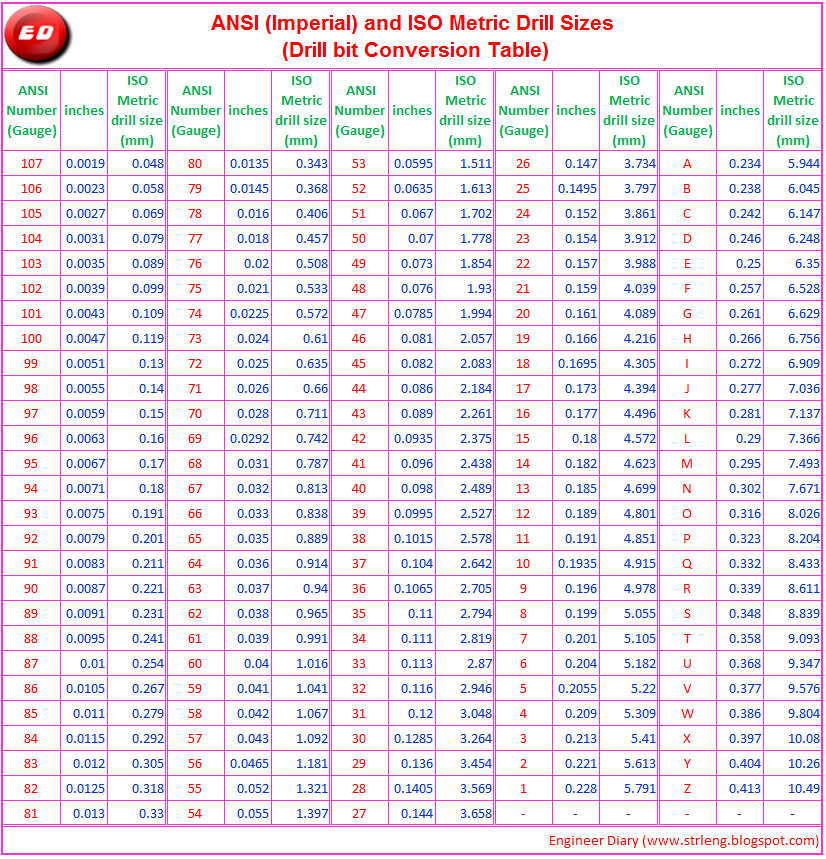From Millimeters to Wrenches: Cracking the Code to Convert 10mm to SAE
Ever found yourself holding a 10mm wrench, desperately wishing it was the right size for the task at hand? You're not alone! In a world of DIY projects and global designs, navigating between metric and imperial measurements can feel like trying to decipher a secret code. But fear not, because today we're diving deep into the world of conversions, specifically tackling that ever-present question: how do you convert 10mm to SAE?
Imagine this: you're assembling a chic new bookshelf, the kind that would look perfect styled with vintage books and a touch of greenery. Just as you're about to secure a shelf with your trusty 10mm wrench, you realize the bolts are speaking a different language – the language of SAE measurements, common in the US. Suddenly, your stylish vision seems miles away.
This is where understanding conversions becomes crucial. Whether you're tackling a DIY project, working on your car, or simply trying to understand product dimensions, the ability to seamlessly switch between metric (millimeters) and imperial (inches) measurements can be a game-changer.
The metric and imperial systems have long co-existed, often leading to a bit of confusion. The metric system, with its millimeter (mm) base unit, is widely adopted across the globe, known for its logical, decimal-based structure. On the other hand, the imperial system, using inches as its base, is prevalent in the US and uses fractions for smaller increments. This difference in approach often creates the need for conversions, especially when working with tools, hardware, and designs from different parts of the world.
So, let's demystify this conversion process and empower you with the knowledge to tackle any metric-to-imperial measurement challenge with confidence!
Advantages and Disadvantages of Using the Metric and Imperial Systems
While understanding how to convert between the two systems is essential, it's also helpful to recognize the pros and cons of each:
| Feature | Metric System | Imperial System |
|---|---|---|
| Ease of Use | Considered simpler due to its decimal-based structure (e.g., 10mm, 100mm, 1000mm) | Can be more complex due to the use of fractions (e.g., 1/4 inch, 1/2 inch) |
| Global Prevalence | Used widely around the world | Primarily used in the United States |
Now, let's get back to our 10mm conundrum. A 10mm measurement doesn't have a perfect, whole-number equivalent in the SAE system. However, it's very close to 3/8 of an inch (9.525mm). In most practical applications, like our bookshelf assembly, using a 3/8 inch wrench or socket will be a suitable substitute for a 10mm one.
Remember, while understanding conversions is key, always double-check the required fit for your specific project. Precision is important, especially when dealing with machinery or delicate components.
So, next time you find yourself facing a metric-to-imperial measurement puzzle, remember this: you've got the knowledge and the tools (pun intended!) to conquer it with style!
Ufc 295 play by play from octagon to your screen
Unraveling the mystery your guide to muir brothers almont mi
Decoding grove city ohio a deep dive into public records












